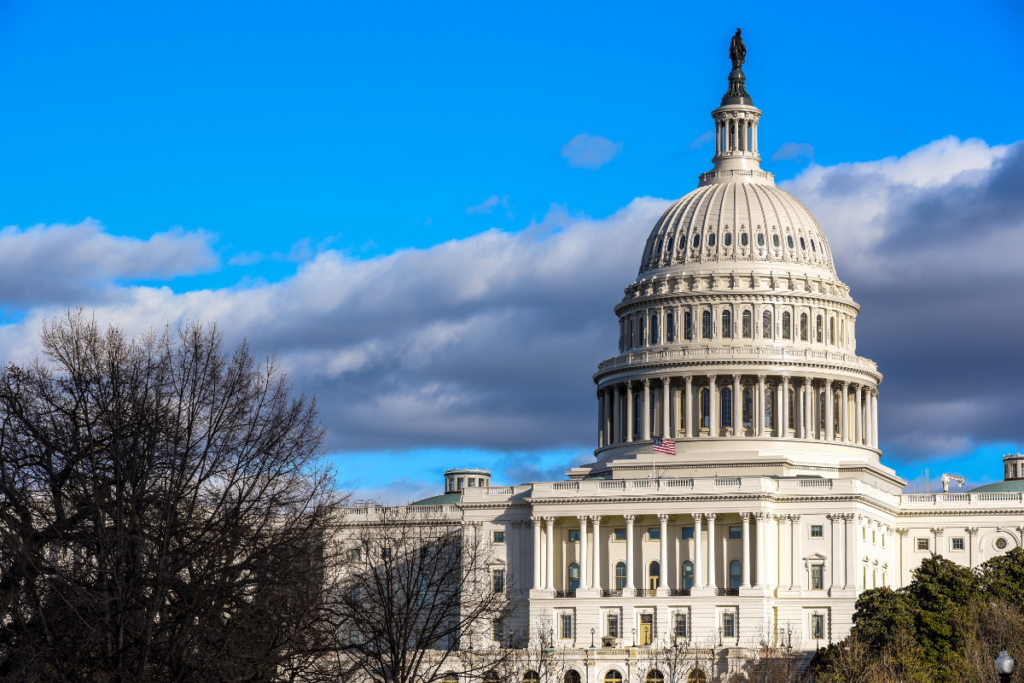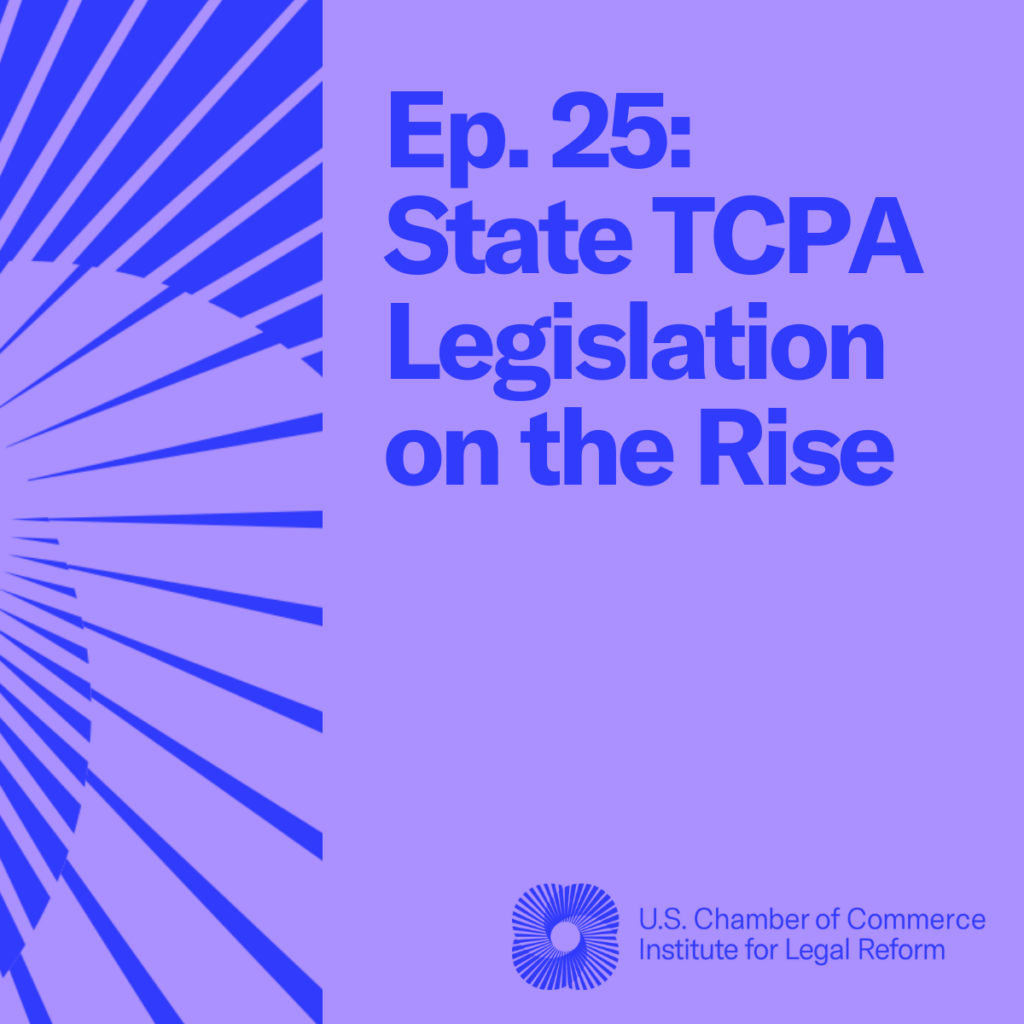Setting the stage for what could be a landmark decision, U.S. Supreme Court Justices questioned applying the Telephone Consumer Protection Act (TCPA) to modern communications that didn’t exist when the law was written in 1991.
The High Court heard arguments in Facebook v. Duguid last week, a case that asks the Court to apply the TCPA to texts Facebook erroneously sent the plaintiff about a potential account breach. The plaintiff, Noah Duguid, never had a Facebook account. The company said Duguid likely received a reassigned phone number from someone who used to have a Facebook account and received the messages in error.
At issue is the law’s ban on dialing systems that can “store or produce telephone numbers to be called, using a random or sequential number generator.” The plaintiff says the law was intended to cover any use of stored numbers, which Facebook contends would create “a statute of impossible breadth.”
Justices seemed to hint at an agreement with Facebook. Justice Sonia Sotomayor said under the plaintiff’s interpretation, “every cell phone owner would be subject to the harsh criminal and civil penalties of the TCPA.” Justice Stephen Breyer acknowledged Facebook’s “pretty strong case on the consequences and purposes” of the law.
But Justice Clarence Thomas raised perhaps the most poignant question, asking if “there’s at least a sense of futility” in applying a law written 13 years before Facebook was even created. The Justice asked if “it’s rather odd that we are applying a statute that’s almost anachronistic if not vestigial to a modern technology like Facebook and instant messaging, et cetera?”
Justice Thomas makes a good point. The TCPA was written even before the first SMS message was ever sent. Hopefully, the Court will decide to crack down on the cottage industry of TCPA litigation, and this week’s argument looks like they may do so.
A decision is expected sometime early next year.



